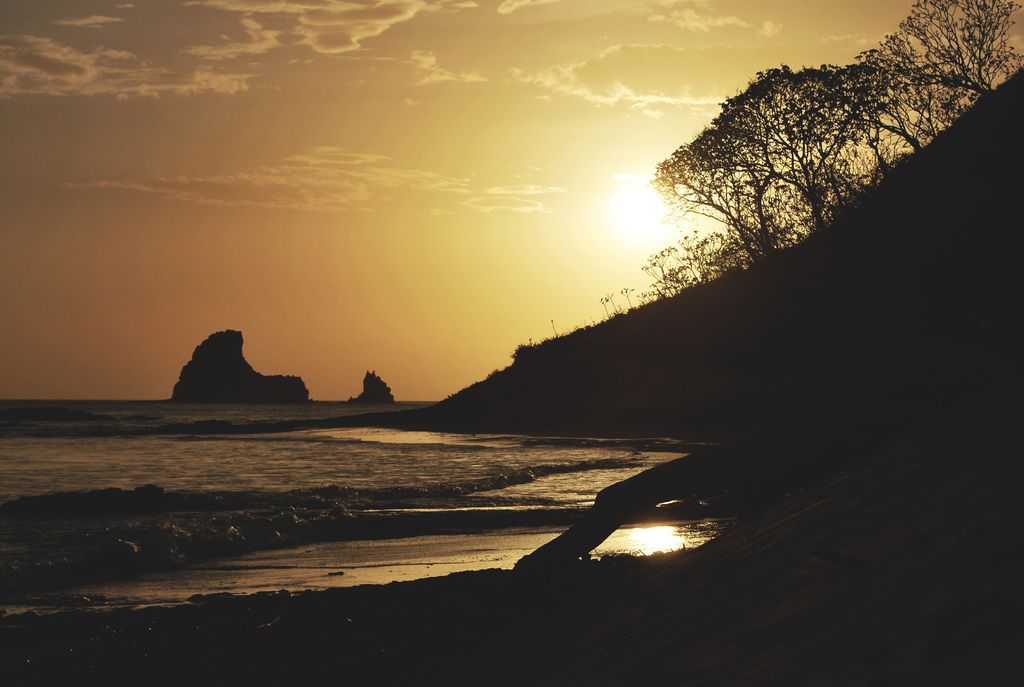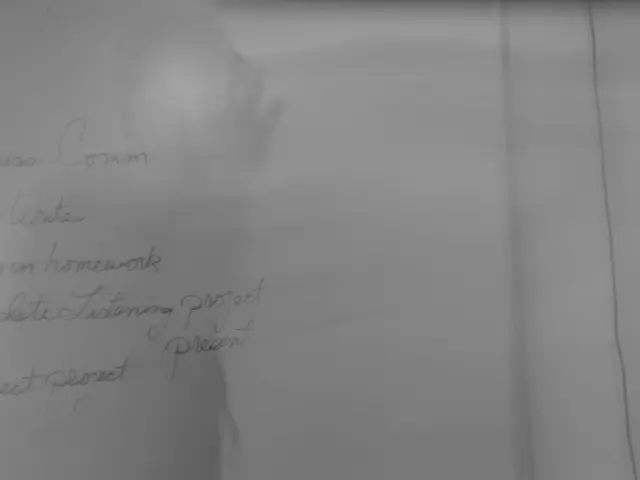Starlink, Elon Musk's satellite internet service, is reportedly being aggressively promoted in African nations.
Breaking Down the Push for Starlink in The Gambia
Elon Musk's Starlink has been making waves in Africa, with the Democratic Republic of the Congo (DRC) recently joining the club. That said, The Gambia, a country with underdeveloped broadband infrastructure, seems like a prime spot for Starlink to set up shop. The US government has propped up Starlink's entry to The Gambia as part of the Digital Transformation for Africa (DTA) initiative - a White House-led mission to enhance internet access across the continent.
However, not everybody's on board. Lamin Jabbi, a top official from The Gambia's communications ministry, claims that they've been feeling the heat to speed up Starlink's licensing process. Pro Publica reports that this is the case.
Starlink Meets Resistance
Sharon Cromer, the US ambassador, stepped onto Gambian soil to advocate for Starlink. Lamin Jabbi, responsible for reviewing Starlink's license application, has been reluctant in giving the green light. During their meeting, Cromer took the opportunity to boast about US assistance to the country. Jabbi's deputy, Hassan Jallow, perceived her words as a not-so-subtle warning: should Starlink's licensing be delayed, US aid could be cut off.
In the past few months, high-ranking officials from the State Department – both in Washington and The Gambia – have allegedly collaborated with Starlink executives to intimidate at least seven Gambian government ministers. The ultimate goal? Assist Musk. At present, Starlink is inactive in The Gambia.
Starlink's Expansion in Africa
Starlink finally received the nod to operate in the Democratic Republic of Congo (DRC), following an earlier ban, marking it the latest African country to approve Starlink. Somalia and Lesotho also welcomed Starlink in April, bringing the total number of African countries with active or planned Starlink service to 21.
Intriguingly, it appears that the US government may have leveraged its influence to expedite Starlink's entry in various African countries[1][2][3], sparking debates about the blurred lines between public policy and private enterprise, as well as accusations of crony capitalism.
[1] https://www.propublica.org/article/u-s-pressure-africa-on-elon-musks-starlink-satellite-network[2] https://www.dataforprogress.org/post/how-the-u-s-is-bullying-africa-into-lifting-its-satellite-internet-regulations[3] https://www.cepr.net/logging-en/
Image credits: Andrew Harnik/Getty Images
- Science and technology news outlets have reported on the allegations of US pressure on African governments to expedite the licensing process for Elon Musk's Starlink, raising debates about the intersection of public policy and private enterprise.
- Amidst the controversy, the US ambassador in The Gambia, Sharon Cromer, has been accused of implicitly threatening to withhold US aid if Starlink's licensing is delayed, as part of efforts to assist Musk and expand Starlink's coverage across Africa.
- Meanwhile, politics and general news outlets have highlighted that Starlink has secured approval to operate in several African countries, including The Democratic Republic of the Congo, Somalia, and Lesotho, hinting at strategic maneuvering and potential influence from the US government in space-and-astronomy projects, such as Starlink.








